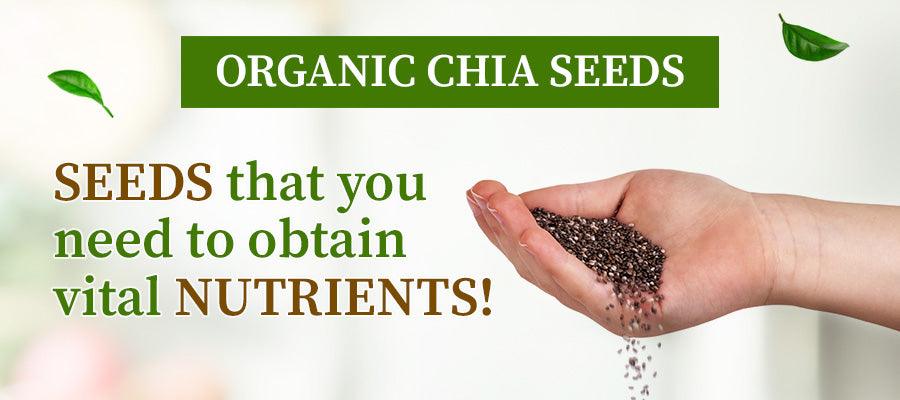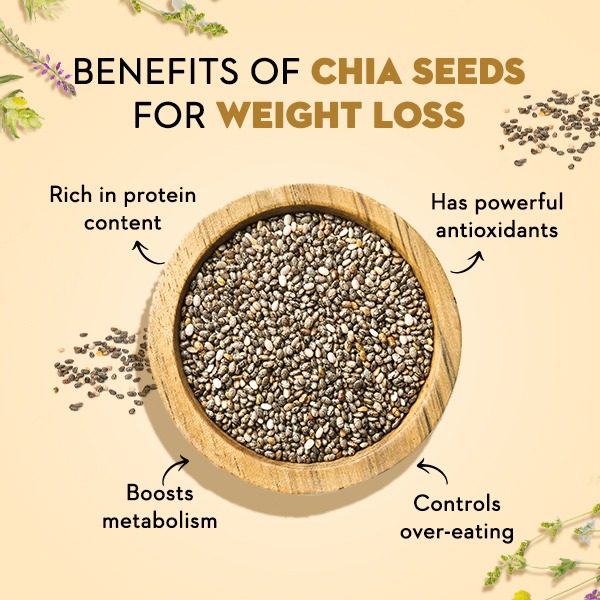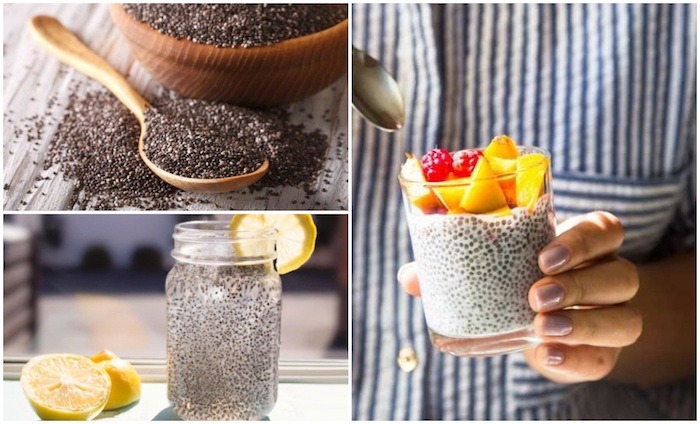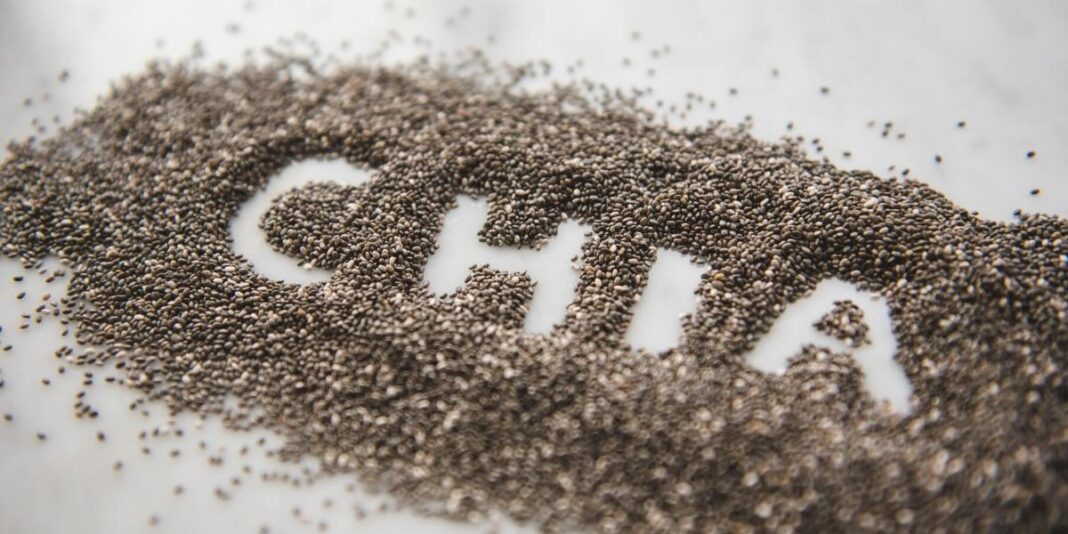Chia seeds have gained immense popularity in recent years due to their remarkable nutritional value and numerous health benefits. Originating from Central America, these tiny seeds are easily incorporated into various dishes while packing a punch of essential nutrients. Let’s delve into the history, origin, health benefits, and proper consumption of chia grains.
History and Origin
Ancient civilizations such as the Aztecs and Mayans have consumed chia seeds for centuries, scientifically known as Salvia hispanica. These cultures prized chia grains for their sustainable energy, frequently relying on them during travels or conflicts. The Mayan word for “strength” derived from the word “chia” itself.
Nutritional Profile of Chia Grains
Despite being small in size, chia grains pack essential nutrients. They are an excellent source of omega-3 fatty acids, fiber, protein, antioxidants, and various vitamins and minerals. Just a single ounce of chia grains provides a significant portion of your daily recommended intake for several nutrients, making them a highly nutritious addition to any diet.

Health Benefits
Weight Loss
Chia seeds possess a renowned ability to aid in weight loss. When consumed, they expand in the stomach, promoting a feeling of fullness and reducing appetite. Additionally, their high fiber content helps regulate bowel movements and prevent constipation, contributing to overall weight management.

Improved Digestion
The fiber content in chia seeds also supports digestive health by promoting regularity and preventing digestive disorders such as diverticulosis and irritable bowel syndrome (IBS).
Heart Health
Omega-3 fatty acids in chia seeds improve heart health by reducing inflammation and lowering blood pressure and cholesterol levels. Incorporating chia grains into your diet may help lower the risk of heart disease and stroke.
Boosted Energy and Metabolism
Chia seeds are an excellent source of sustainable energy, making them an ideal pre-workout snack or mid-day pick-me-up. Their combination of protein, fiber, and healthy fats helps stabilize blood sugar levels and provide long-lasting energy without the crash associated with sugary snacks.
Rich Source of Antioxidants
Antioxidants are compounds that help protect the body from oxidative stress and damage caused by free radicals. Chia seeds contain antioxidants like flavonoids, phenolic acids, and chlorogenic acids, actively neutralizing free radicals and lowering the risk of chronic diseases such as cancer and heart disease. They actively combat free radicals, reducing the risk of cancer and heart disease.

How to Incorporate Chia Grains into Your Diet
There are numerous creative ways to add chia seeds to your daily meals and snacks. Some popular options include:
- Chia Seed Pudding: Mix sage seeds with your favorite milk (dairy or plant-based) and sweetener of choice, then let it sit in the refrigerator overnight for a delicious and nutritious pudding.
- Smoothies and Shakes: Blend chia grains into your favorite smoothie or protein shake for an extra boost of nutrition and texture.
- Baked Goods: Add chia seeds to muffins, bread, pancakes, or granola bars for a nutritious twist on your favorite baked goods.
- Salad Toppings: Sprinkle chia grains on top of salads or yogurt bowls for added crunch and nutritional benefits.
Chia seeds are a versatile and nutrient-dense superfood that offers a wide range of health benefits. From promoting weight loss and digestive health to boosting energy and protecting against chronic diseases, chia seeds are a valuable addition to any diet. By incorporating them into your daily meals and snacks and storing them properly, you can reap the numerous rewards that Superfood seeds have to offer.
